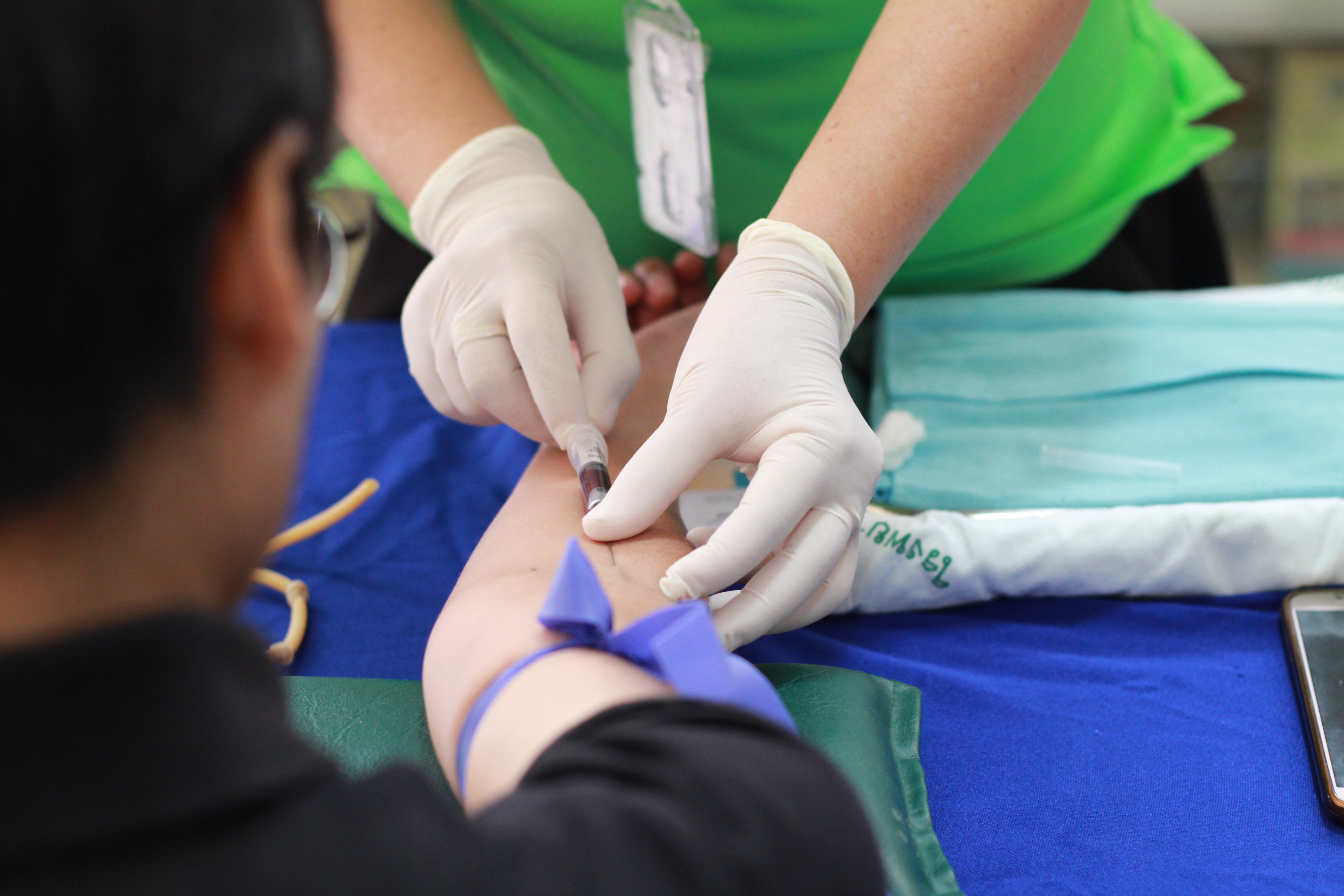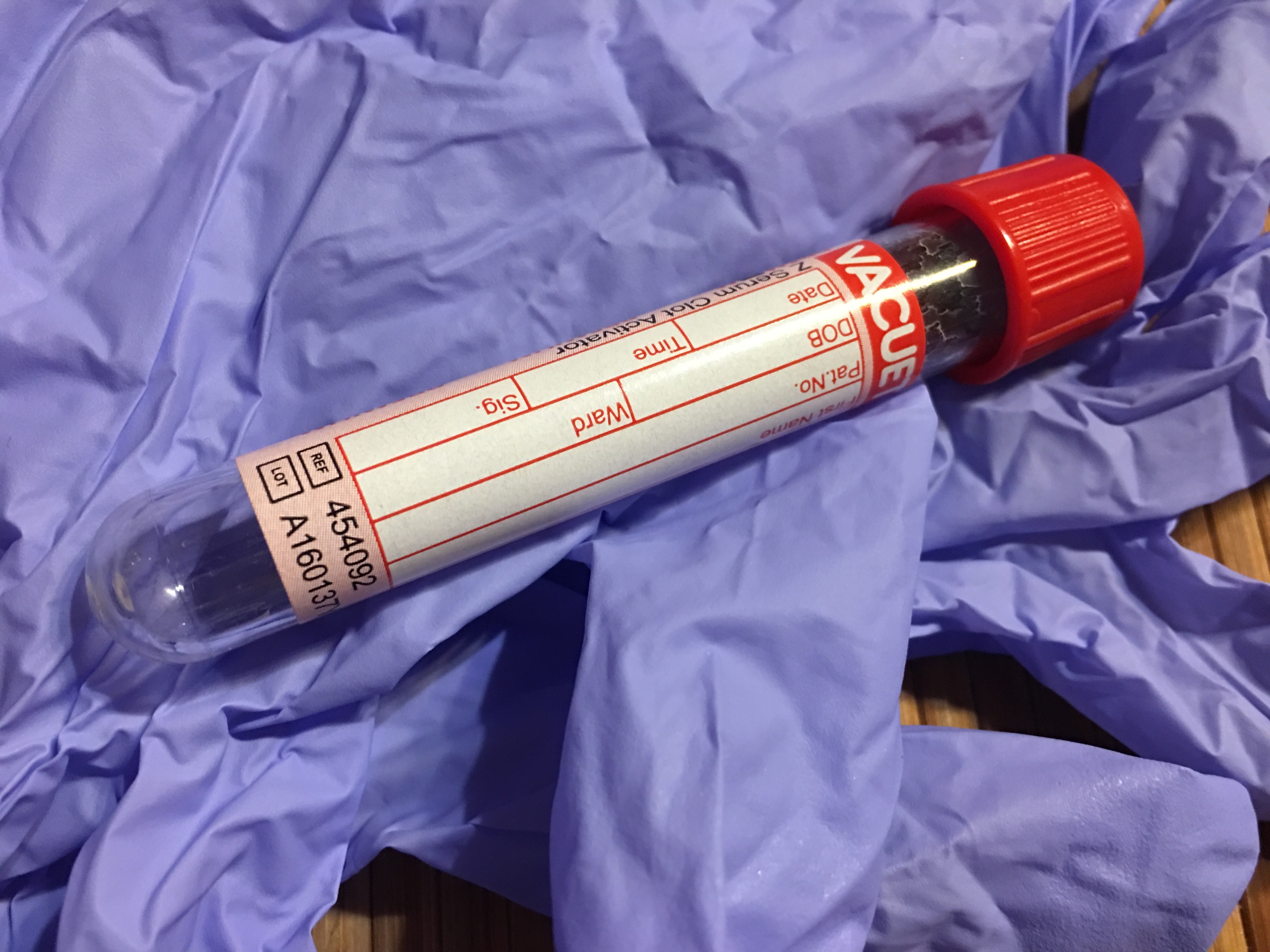Symptoms of a Thyroid Problem
The inability to lose weight no matter what you try, gaining weight without changing anything in your diet, fatigue, hair loss, constipation, depression, anxiety, mood problems, brain log, and infertility are just a few symptoms of a thyroid problem.
Many women have told me that they have many of these symptoms and will go to their doctor for help. Their doctor will test their TSH levels. When their TSH levels come back normal, their doctor tells them that they just need to change their diet or workout more.
Unfortunately, most thyroid problems go undetected. Approximately one in 5 women have a thyroid problem and most do not know that they do.
Full Thyroid Panel
Thyroid hormones are important for every cell in the body. Every cell has thyroid receptors. Thyroid hormones control the energy and metabolism of the cell.
A full thyroid panel is comprised of TSH, T4, T3, Free T4, Free T3, Reverse T3, and TPO and TG Antibodies.
TSH (Thyroid Stimulating Hormone) is a hormone that is a pituitary gland hormone. The pituitary gland will monitor how much thyroid hormone is circulating in the body. If the pituitary senses there is not enough, it will signal the thyroid gland to make more.
T4 is the storage form of the thyroid hormone. After TSH signals the thyroid gland to produce more thyroid hormone, it will produce T4. T4 is unbound and will circulate in the body ready to be used.

What Blood Work Do I Need For A Thyroid Problem?
T3 is the active form of the thyroid hormone. When your body needs more energy, it will convert T4 to T3.
Free T3 and Free T4 measure the active T3 and T4 that are circulating in the body. T3 will enter the cell and bind to receptor sites to regulate metabolism.
Reverse T3 is made from T4. It can, also, enter the cells and bind to receptor sites. The purpose of Reverse T3 is to slow down the metabolism of the cell.
Most thyroid conditions are due to autoimmune conditions, which could be Grave’s Disease or Hashimoto’s Thyroiditis. These conditions occur because your immune system attacks your thyroid gland.
TPOAb abd TgAb are the two main thyroid antibodies that should be checked when assessing thyroid function.
What should you do if your doctor won’t get you the thyroid panel to assess blood work?
There are different ways that you can get the blood work you need. One way is to work with a Functional Medicine practitioner, such as myself. I work with several labs that offer discounts to doctors in order to get affordable blood work for our patients.
You have the option of getting your blood work done yourself, too. There are labs that you can utilize to get the blood work you need.
Having your blood work analyzed by a Functional Medicine doctor has advantages, such as, getting a more in-depth look at your blood work. Labs give “normal” ranges, however, the normal ranges come from an average of everyone that has gone to that lab in, typically, the last year.
Functional Medicine practitioners utilize “optimal” ranges. We do not want to compare our clients to sick people. We want to help our patients achieve optimal health.
I use special software that will analyze blood work to put it in “optimal” ranges, and it will, also, break it down into high, normal, and low ranges. In addition, the software will tell you the reason the specific test can be out of range.
Here is a Facebook live that I did on this topic that you can watch here.
Conclusion
To properly assess a thyroid condition, you need to get Total T4, Total T3, Free T4, Free T3, Reverse T3, TPOAb, and TgAb tested. Functional Medicine practitioners are best to help you read and intemperate the results of your blood work.
If you would like me to help you get blood work or assess your results, you can book with me here for blood work and an analysis or here for an analysis of blood work that you have had done.
Get my FREE “Eat Right for Your Thyroid Crash Course” download here. I provide you with 5 days of recipes, meal plans, and a guide to help you reverse your thyroid symptoms.
Join my free Facebook group for help with thyroid conditions here.







